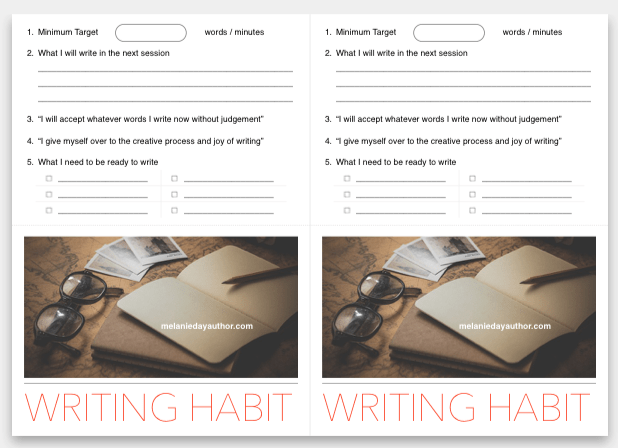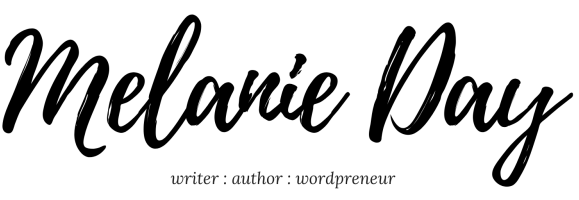Writing habits or routines are what makes a great writer.
A huge number of the population say they want to write a book.
Most never do.
For you to be one of those who do, you need to cultivate habits that lead you to that end.
In this post we identify five critical habits to build now and how you can do that.
1. Write
Seriously. Don’t think about it. Do it. Don’t read about how to do it. Do it. Don’t research methods and techniques. Do it. Write.
Set yourself a daily target and aim for that. Set aside a regular time and period each day and write whatever you can in that time frame: ten minutes, half an hour, whatever – just make it regular. Maybe word count is your thing: 500 words, 1000 words, just set your non-negotiable, I-must-write-at-least-this-number of words. Then do it. Every day. Start small eg ten minutes or 100 words then build up. Being too ambitious might be self-defeating.
What you write isn’t important. You’re developing a writing routine.
2. Start Anywhere
Writing doesn’t have to be a linear process. Whether you’re writing fiction or non-fiction you can write what takes you at the time. Then join the dots later when you step into editing mode. For non-fiction, write what you know then do some more research and fill in the gaps If you can think of a good story that illustrates a key point, write that down then write up the key point content later. If you’re writing fiction, write that moment in the story that’s on your mind – the rest of the story will work around that. Think of your book as a jigsaw puzzle. The pieces all come together eventually to create a complete picture. Focus on the pieces you can make sense of first.
3. Ignore What You Write
One of the biggest failings of wannabe writers is trying to perfect what they’ve written as they write. Forget it. Just get the words down. Yes, some of what you write will be terrible, nonsensical, irrelevant, never used … and that’s okay. You can fix it later and pare it back and rewrite it – once you’ve finished getting the book down. Avoid judging yourself and your writing. Kick your inner critic where it hurts and tell it you are here to write – even if it’s gobbelydgook.
4. Enjoy Writing
The joy of writing is being in the moment and letting those words fall out from your head and onto the page. When those times happen it’s like nothing else in the world matters or exists and you just wish you could write or type faster to keep the flow going. Just relax into the process of writing. Sometimes the words may not tumble out easily, or they pop out like a staccato tune but that doesn’t mean you need to be critical or anxious. Simply enjoy the actual process and time you spend in your writing world. Mentally engage.
5. Feed the Muse
Writing is a process that is different for everyone. Some can write in a noisy cafe, others need solitude and quiet. Some prefer to define the writing time by having a specific place while others just grab their pen or their laptop and start wherever they are. Work out what works best for you and make sure you have it. For instance, for me it’s out of the house early in the day at a local cafe that has a view of the water with my Macbook and a favourite pen and notepad.
Get what you need to settle in to the mode of writing. A coffee in a favourite mug. A Moleskin Notepad. A Tiffany pen. Whatever signals “yes, I’m ready” to you. Bear in mind though that there’s a fine line between getting that next cup of coffee to stimulate your creativity and using that interruption as a procrastinating technique.
Action Steps
So, what can you do now that you know what the habits are? Take steps to putting them in action, of course, and in this section, we help you do that.
- set a target now for daily writing – _________ words or _________ minutes every day as a minimum
- decide what you’ll write at the next session – _____________________
- commit to accepting whatever words you write for now
- mentally engage with the joy of writing
- list what you need to feel ready to write
In addition to these steps, we’ve put together a handy guide for you and you can use it every day to develop your writing habits. Surprisingly, it doesn’t take long to build better writing habits.
Want a checklist you can use?

Free Printable Habit Actions
Get a printable PDF of the Action Steps so you can use every day. 2 to a page to save paper. Just click on the image below …
Come back and tell us how useful it was for you.


